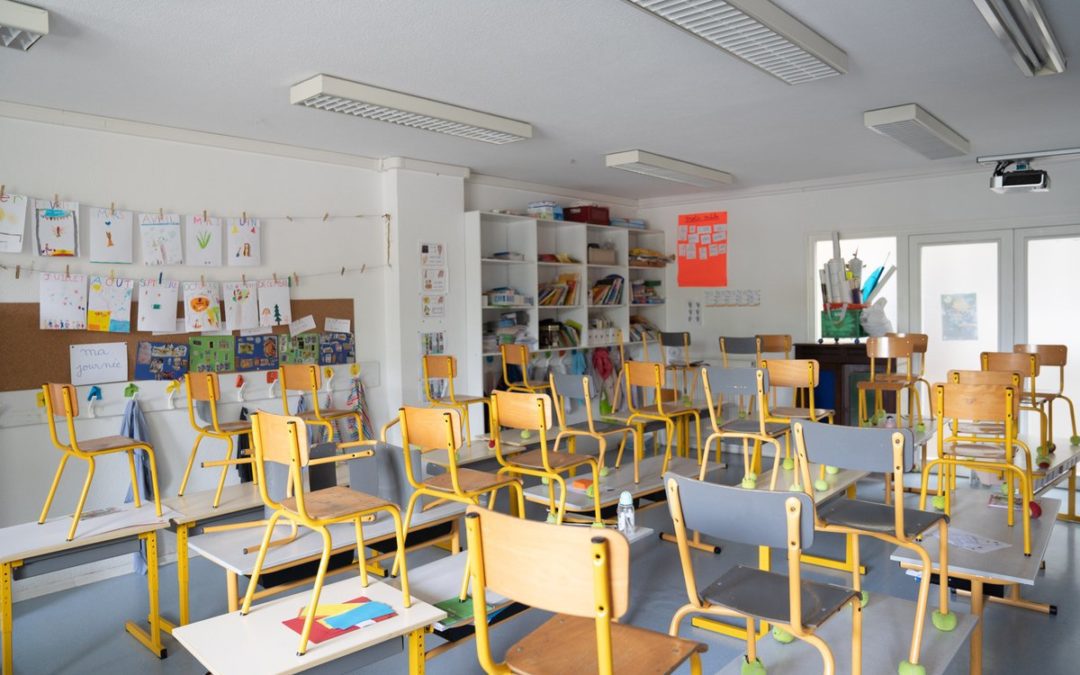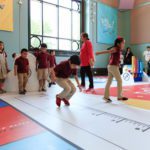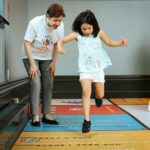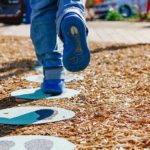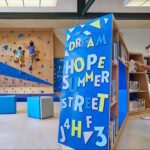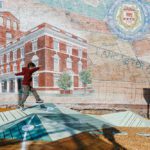from Brookings
by Roberta Michnick Golinkoff, Helen Shwe Hadani, and Kathy Hirsh-Pasek
In 1996, Harris Cooper of Duke University and his colleagues first reported on the effects of what came to be known as summer slide, or summer slump. Over the summer months, when children are not in school, those from under-resourced communities tend to lose roughly 30 percent of the gains they made in math during the school year and roughly 20 percent of the gains in reading. More recently, Johns Hopkins researchers found that during the school year, students from underserved areas in Baltimore generally kept up academically with those from more privileged neighborhoods. The loss was thus unique to the time outside of school.

